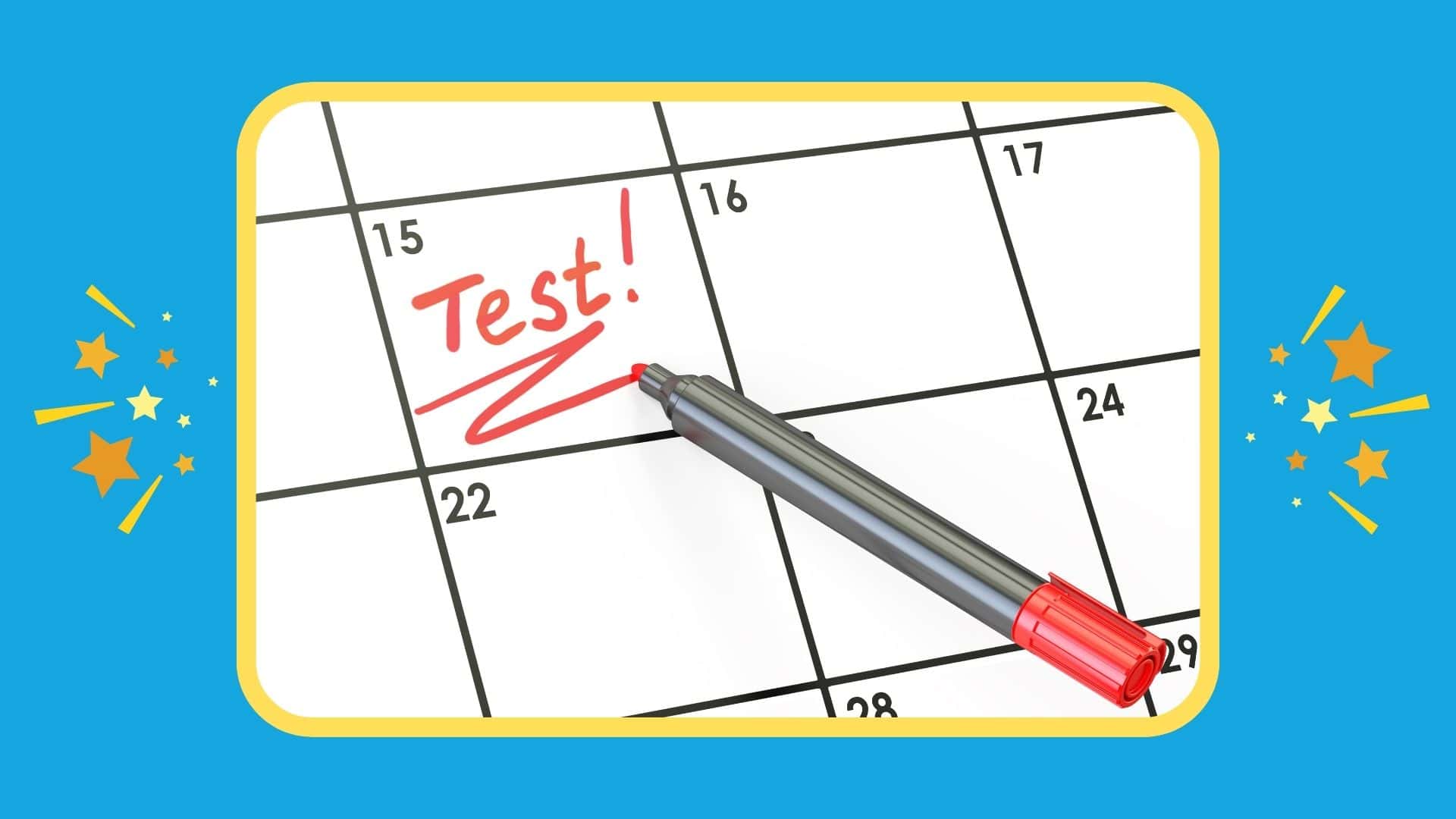
The ACT is a standardized test that four-year colleges and universities in the United States use to evaluate candidates who apply for their programs.
A big part of your ACT prep is making sure that your deadlines are aligned with the actual exam schedules. To help you keep track of these, here’s a quick guide on how to register for the ACT; upcoming ACT test dates you should take note of for 2023 and 2024; and what to expect and do on test day.
The quickest way to register for the ACT is by doing it online. The first step is to find the test date that works best for you. Make sure that the date you’ll pick doesn’t have a registration deadline that has already passed.
Here’s a checklist of what you’ll need to register:
When registering, determine first if the college/university you’re applying at requires candidates to take the ACT’s writing portion (the ACT can be taken with or without this; it will just depend whether you’ll need it or not). Don’t forget to print out your test center ticket after registering — you’ll need to present this at the testing center on your ACT date.
Once you’re registered, check out our handy guide on how to prepare for the ACT!
The national test dates below are applicable to candidates in the United States, U.S. territories, and Puerto Rico.
Year | Test Date | Deadlines |
|---|---|---|
Registration | Late Registration | Standby & Photo |
2024 | September 14 | August 9 | August 25 | September 6 |
October 26 | September 20 | October 7 | October 18 |
December 14 | November 8 | November 22 | December 6 |
2025 | February 8 | January 3 | January 20 | January 31 |
April 5 | February 28 | March 16 | March 28 |
June 14 | May 9 | May 26 | June 6 |
July 12 | June 6 | June 20 | July 4 |
*No test centers are scheduled in New York for the July 2024 test date. See Non-Saturday Testing.
If you missed the late registration deadline, you may request for standby testing. While you may not be immediately given a guaranteed schedule, your registration may be considered as long as there are seats still available.
One more thing to note: scores for the multiple-choice exams are usually released 2 weeks after the national test date. Sometimes, though, (especially if your high school hosts them during a weekday) it can take up to 8 weeks before the scores are available. Writing scores often follow 2 weeks after your multiple-choice scores.
The moment you’ve been preparing yourself for weeks now has finally arrived: your ACT test day!
One of the best things you can do before the exam?
Stay calm and practice taking deep breaths – inhale for 5 seconds, hold for 5 seconds, exhale for 5 seconds, hold for 5 seconds. These “square breaths” will help you to recenter your focus and remember everything you’ve studied. Seem crazy? You’d be surprised at how much test anxiety is a thing, and how much it’ll help your score if you go in with a clear head.
It’s also helpful to physically travel to your testing location several days before the exam. This way you know how to get there on test day, so you won’t get lost and also won’t feel as anxious about the logistics of the big day.
Additionally, don’t make any big changes to your diet or sleeping schedule. If you typically eat a light breakfast, then eat a light breakfast. If you don’t eat breakfast, you better not load up on pancakes an hour before the test.
On test day, don’t bring cell phones or any prohibited electronic device — doing so may result in your dismissal from the testing venue and invalidation of your scores. Do be sure to bring the following:
Be at the testing center ahead of time. The venue opens at 7:45 a.m. and closes at 8:00 a.m. sharp — you will not be admitted if you’re late. The exam officially starts once you break the seal on your booklet.
The ACT covers 4 areas: English, math, reading, and science. However, don’t be surprised if you encounter a fifth test portion or additional items within the 4 areas — annually, the ACT tries out new questions that serve as their bases to develop future tests. These are not reflected in your final test score.
You’ll have your break once you finish the first 2 tests, during which you’ll be allowed to leave the room. Keep in mind though that using electronic devices is still prohibited at this point. You will be dismissed after the test administrator collects all test booklets.
Avoid hassle and select the ACT test date that works best for you as soon as possible. Just follow all the steps we’ve listed above, stay calm and prepared, and ace that ACT!

Looking for the average ACT scores by state and the percentage of graduates that took the ACT? Then look no further! In this deep dive, we review four years of data to get insight into which states are doing the best – and worst – with the ACT exam.

In this post, we’ll be sharing with you how to find the best ACT prep classes near you.

There are a lot of factors to consider as you prepare for the ACT, like your schedule, familiarization with ACT’s structure, and of course, your resources for studying. In this post, we’ll give you techniques that can help you pass (or better yet, ace) the ACT!